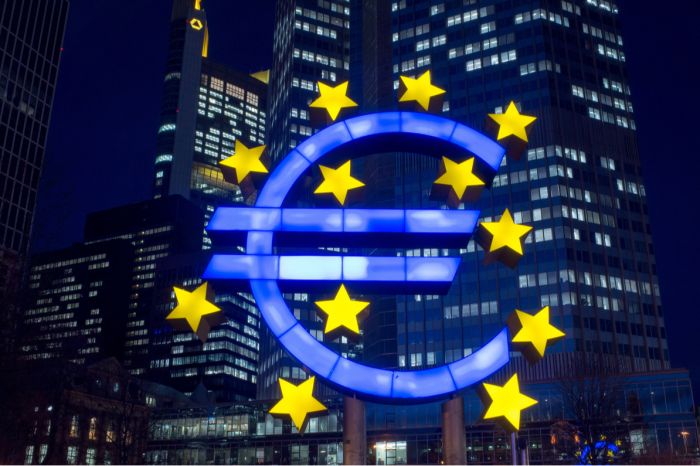The ECB is thus sticking to its plans for a slow easing of emergency stimulus measures as concerns about a record high inflation outweigh the fears of a wartime recession. The eurozone central bank also said it would take all necessary steps to fulfill its price stability mandate and contribute to ensuring financial stability.
The ECB has been reducing the pace of its money-printing program for several months. However, it has so far been cautious in setting an exact date when the program should be fully phased out.
Monthly net purchases will reach €40 billion in April, €30 billion in May, and €20 billion in June. After today’s decision, the interest rate for the main refinancing operations and the interest rates for the marginal lending facility and the deposit facility will remain unchanged.
The ECB is cautious
The ECB is one of the most cautious central banks in the world, lagging behind almost all major central banks, many of which started raising interest rates last year. In the last two days, the central banks of Canada, South Korea, and New Zealand have raised interest rates, while South Korea and Singapore tightened monetary policy. The US central bank (Fed) is expected to raise rates at least eight times in the next two years.
The ECB has bought nearly 5 trillion euros of public and private debt since 2015 to revive inflation, which had been below the bank’s 2 percent target for years. But inflation has risen unexpectedly sharply in recent months, presenting central bankers with a dilemma as they try to reconcile two opposing economic forces.
You may also like: The Russian economy is facing a massive downturn
Inflation is already at a record high of 7.5 percent and is expected to rise further. On the other hand, the eurozone economy is at best stagnant and the effects of the war in Ukraine are hurting households and businesses in eurozone countries.











Comments
Post has no comment yet.